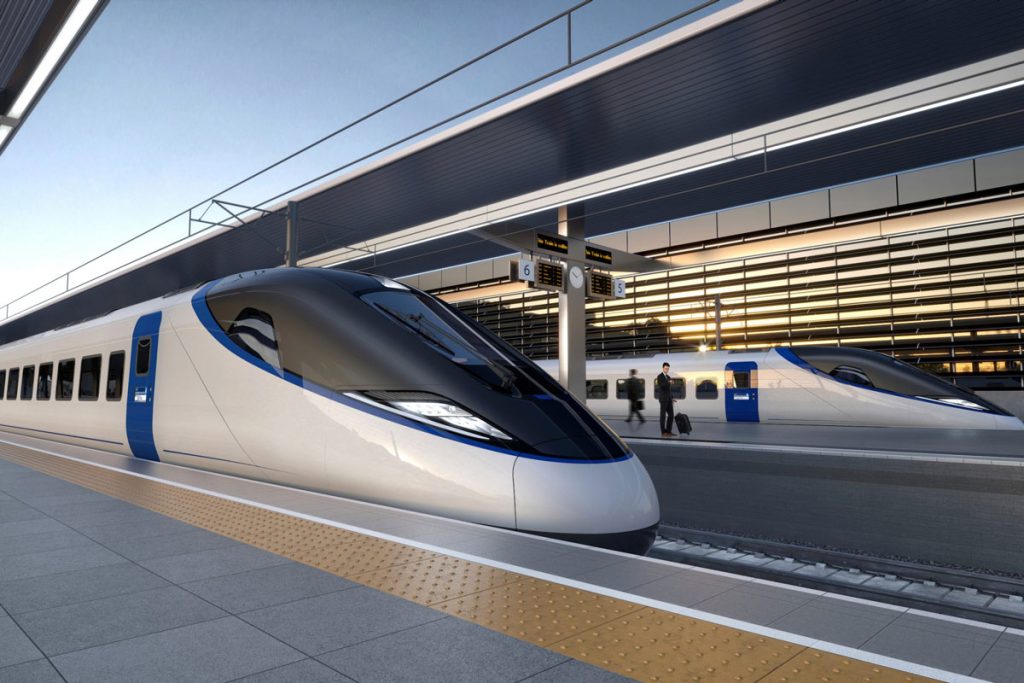Thurston will be leaving HS2 Ltd in the autumn, and interim CEO Jon Thompson will take over. This comes at a critical time as construction for phase one of HS2 is underway, with major works happening at over 350 sites between London and the West Midlands.
Thurston joined HS2 in March 2017, just before the construction of the high-speed railway began. During his tenure, he has overseen the mobilization of a construction workforce consisting of 28,500 staff and various contractors from the UK and Europe. However, the project has encountered significant delays, cost escalations, and political pressure. Speculation is rife about the project’s future, including potential revisions to its scope, such as train speed and frequency.
In 2021, the government scrapped HS2’s eastern leg, and earlier this year, it postponed the construction of a new Euston station, as well as the Birmingham to Crewe leg. The opening of the earliest parts of HS2 is now scheduled for between 2029 and 2033, with Euston station expected to receive trains no earlier than 2041, instead of the original target of 2026.
Upon announcing his departure, Thurston expressed gratitude to everyone involved in the project and stated that someone else should lead the organization and program through the upcoming crucial period for HS2. The Department for Transport may face challenges in finding a suitable replacement for Thurston, as the HS2 chair role remained vacant for two years before Thompson’s promotion.
Transport Secretary Mark Harper commended Thurston for successfully overseeing the start of construction and the creation of numerous jobs and apprenticeships across the country. Harper emphasized the government’s commitment to realizing the benefits of HS2, including increased rail capacity, community connections, and economic growth.
In one of his final public appearances as HS2 CEO, Thurston admitted in April that he was unaware of the true cost of Euston station, which was initially estimated at £3 billion in 2019. The station is now being redesigned after the National Audit Office revealed that the actual cost would be £4.8 billion, which the government deemed unaffordable. The Public Accounts Committee criticized the government for lacking clarity on the station’s objectives and the type of regeneration it would support, describing the estimated cost as completely unrealistic.

